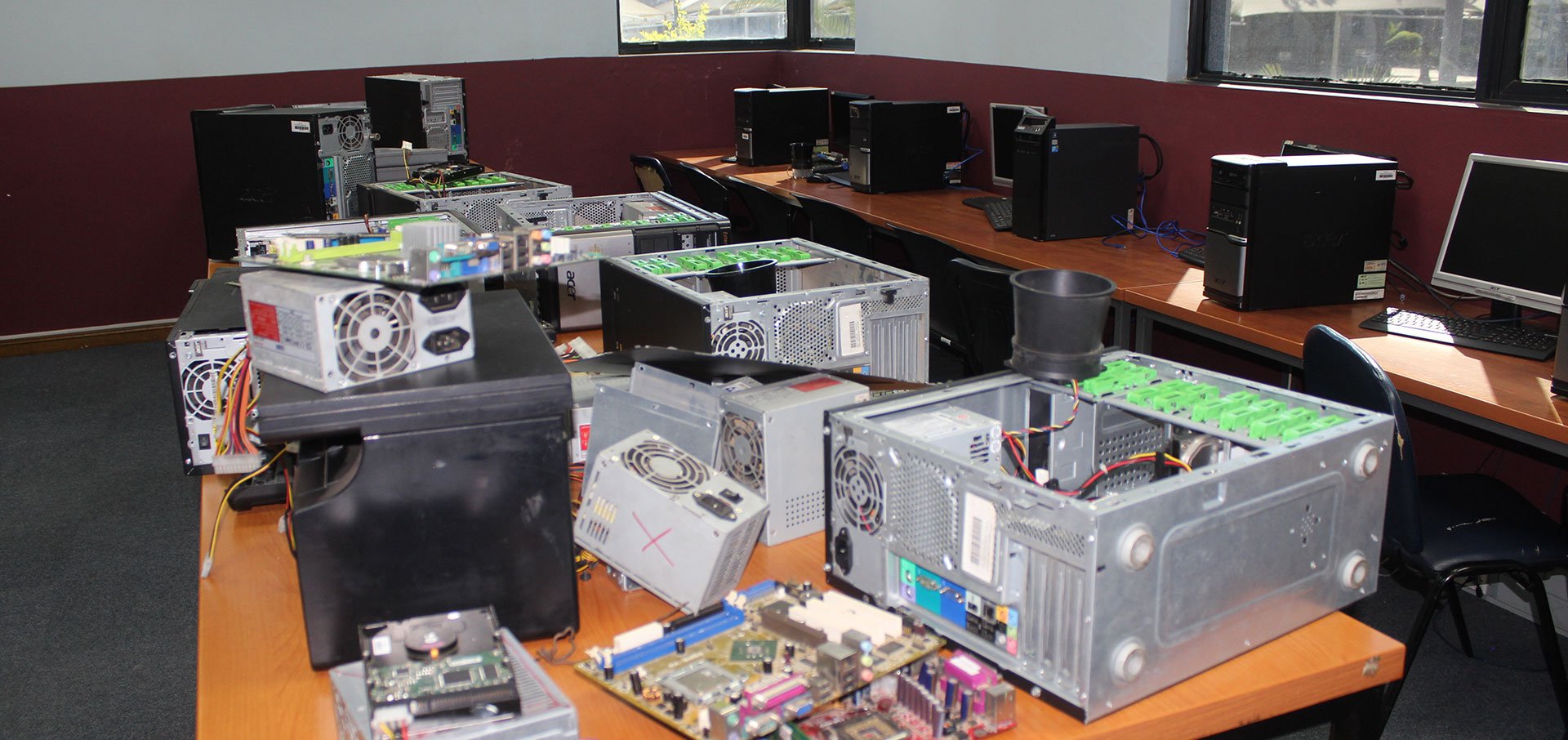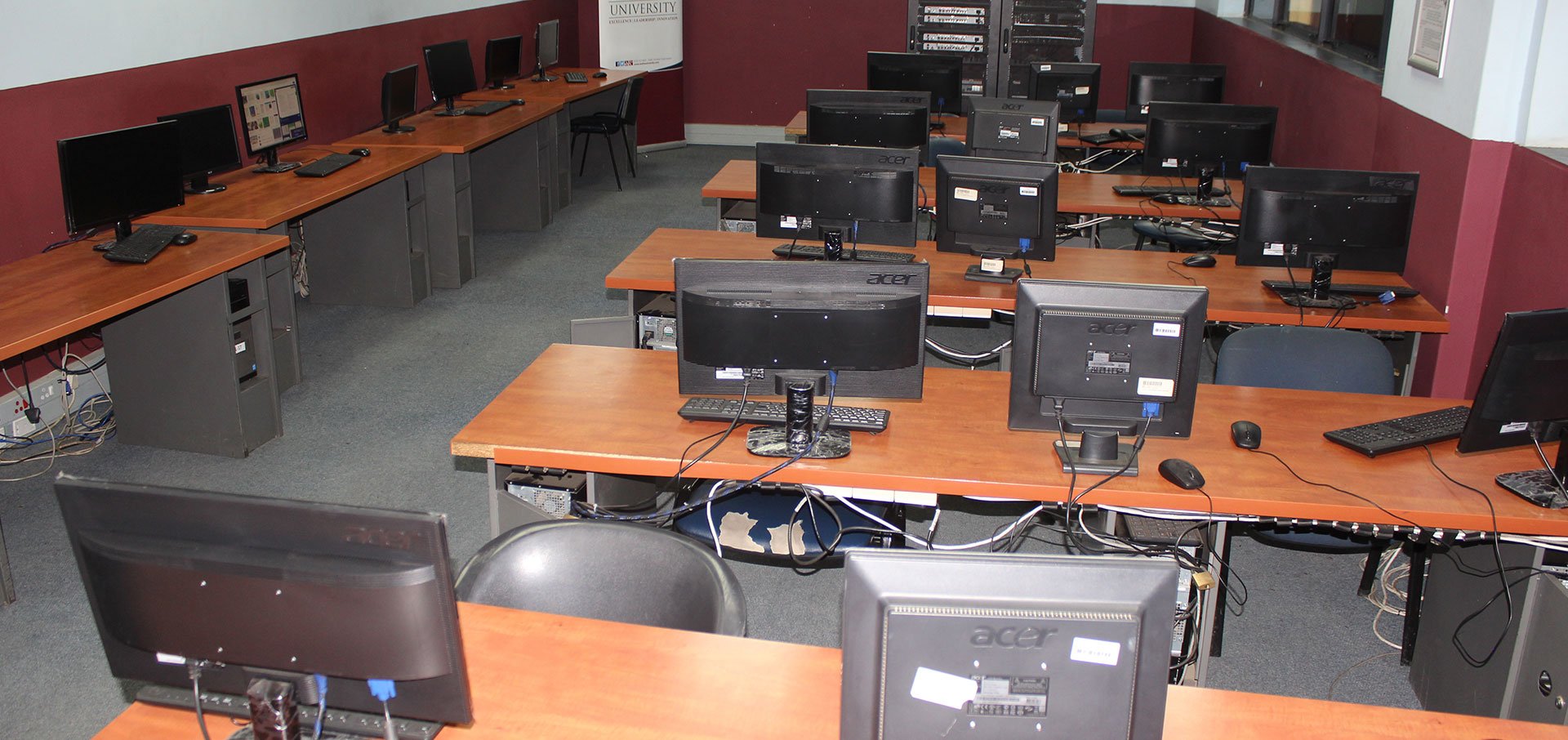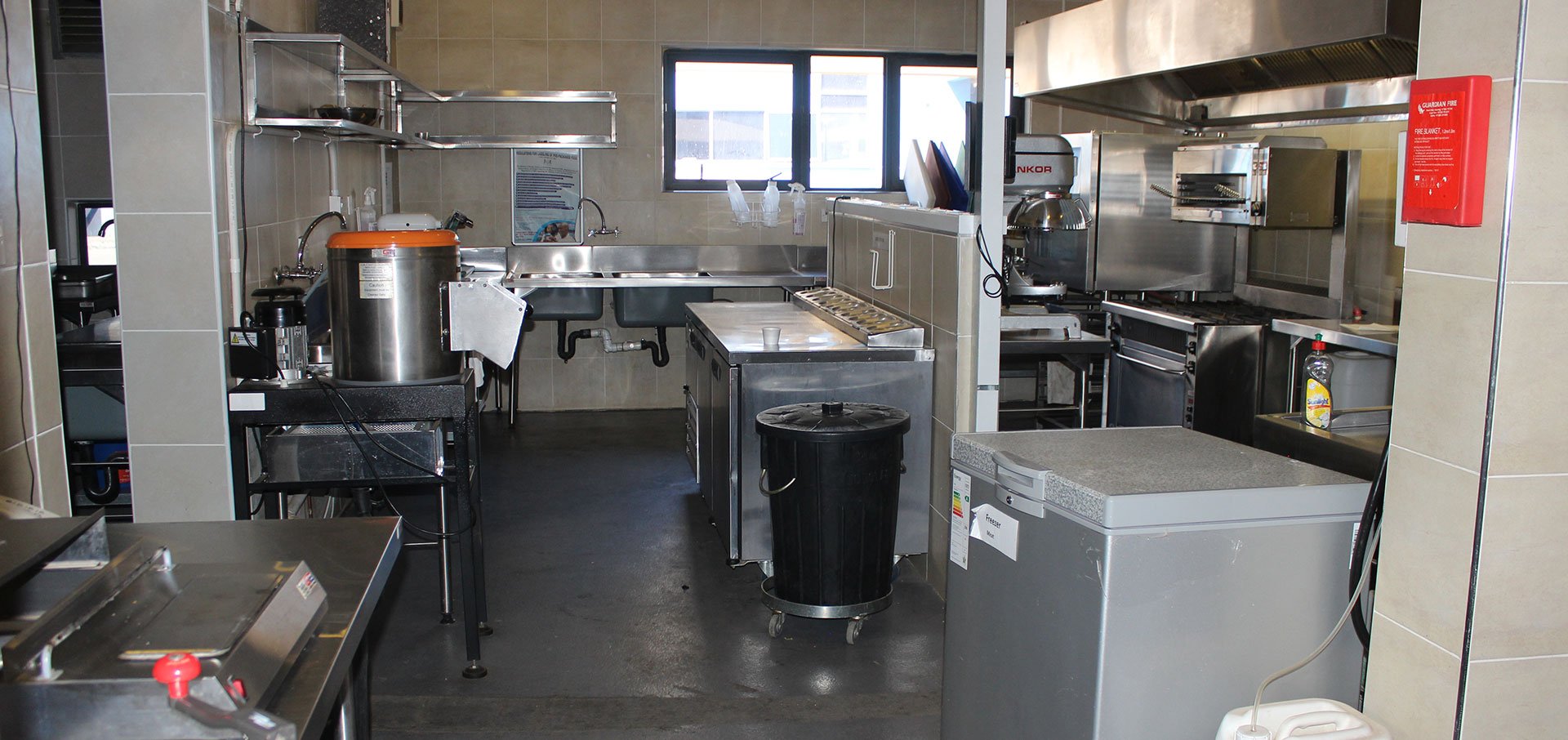This programme is concerned with extracting intelligence from data. This is done by applying cutting-edge techniques from Statistics, Mathematics and Computer Science. The techniques used to understand the modern abundance of data are at the intersection of computing and mathematics, including statistics and machine learning, and there is a high demand in the industry. Furthermore, the qualification will aid in making data-driven decisions in the bid to attain Sustainable Environment and Sustainable Economic Development.
Admissions Criteria
- BGCSE/equivalent with 5 Passes including including English and Mathematics.
- Applicants in possession of a Diploma or Higher Diploma in related field may be given exemptions based on the credit point
equivalency.
Graduates of this programme can
- Apply data-driven models in various fields like finance, biology, health, education, agriculture, and many other fields
- Communicate in technical and non-technical terms concepts of Data Science in different sectors of the economy
- Develop new data processing models
- Apply developed models to various problems
- Develop multiple programming languages used for expressing solutions
- Safeguard the ethical use of data in all aspects of their profession
- Work effectively in a team
- Communicate effectively
- Develop research skills
- Develop entrepreneurial skills
- Develop new businesses ideas and help improve existing ones
- Develop and implement corporate governance guidelines for financial institutions
Career Prospects
- Data Analyst
- Data Mining Engineer
- Data Architect
- Data Scientist
- Senior Data Scientist
- Business Intelligence Analyst
- Machine Learning Scientist
- Clinical Data Managers
Skills Developed
- Statistical analysis and computing
- Machine learning
- Deep learning
- Processing large data sets
- Data visualisation
- Highly organised and effective decision making
- Data wrangling
- Mathematics
- Programming







